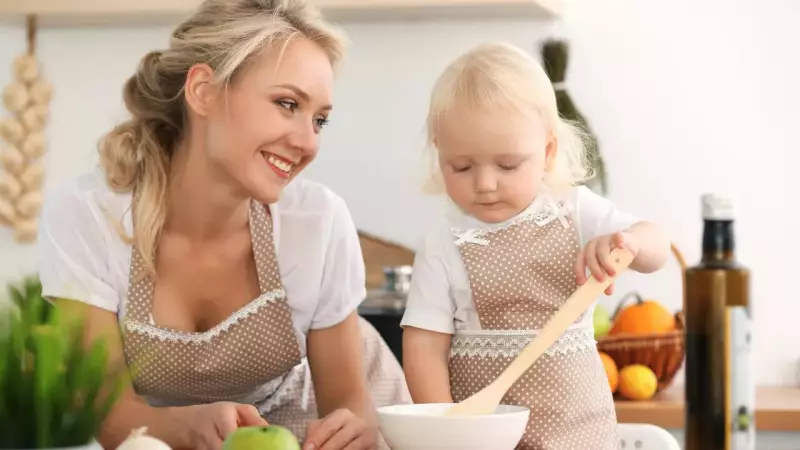
Why Kitchen Skills Matter for Children's Development
Cooking represents much more than simply preparing meals - it serves as a powerful tool for building confidence, nurturing creativity, and developing self-reliance in young minds. According to parenting experts, introducing children to kitchen fundamentals at an early age prepares them for life beyond the dinner table while enhancing multiple skill sets simultaneously.
Teaching kitchen basics to children while they're growing up establishes a foundation of responsibility and independence that extends into all areas of their lives. From understanding safety protocols and maintaining proper hygiene to learning about ingredients and simple meal preparation, these valuable lessons create capable, confident young individuals.
Essential Kitchen Fundamentals Every Child Should Learn
Mastering Knife Handling and Safety
Children should begin their kitchen education by learning how to safely handle and use kitchen knives under careful adult supervision. Starting with child-friendly knives allows them to build confidence gradually while understanding proper techniques.
Teaching children to hold knives correctly, use chopping boards consistently, and keep fingers safely tucked away prevents accidents while establishing the groundwork for all future cooking skills. Beginning with soft fruits or boiled vegetables helps build their competence before progressing to more challenging ingredients.
Cooking Simple Meals Independently
Introducing children to basic recipes like scrambled eggs, sandwiches, or pasta helps them grasp essential cooking techniques in an accessible way. Allowing them to measure ingredients, stir mixtures, and season dishes under guidance develops multiple abilities simultaneously.
As children learn these fundamental cooking processes, they naturally develop patience, timing understanding, and creative thinking. Encouraging children to prepare simple meals teaches self-sufficiency and fosters appreciation for the effort behind every home-cooked dish while making them feel genuinely involved in family meals.
Understanding and Maintaining Kitchen Hygiene
Clean hands, organized counters, and separate cutting boards for raw and cooked food represent some of the golden kitchen rules every child should learn thoroughly. Teaching proper hygiene ensures they respect cleanliness standards while cooking.
Encouraging habits like wiping spills immediately and washing utensils during the cooking process creates mindful kitchen behavior. These practices build a strong sense of responsibility that children carry into other aspects of their daily routines.
Measuring Ingredients and Understanding Their Properties
Children who learn to accurately measure flour, water, or spices simultaneously develop early mathematics and observation skills. Explaining how ingredients transform in texture and taste when combined enhances their cognitive development.
Encouraging culinary curiosity by letting children smell herbs or identify different grains nurtures their creative thinking. Understanding ingredients helps children make healthier food choices as they grow older and become more independent in their eating habits.
Cleaning Up After Cooking Activities
This crucial yet frequently overlooked skill completes the kitchen education cycle. Children should learn to wipe counters thoroughly, wash dishes properly, and organize utensils after completing their cooking activities.
Transforming cleanup into a consistent routine teaches respect for effort, organizational skills, and teamwork mentality. When children learn to leave the kitchen as clean as they found it, they develop deeper appreciation for both food and the work involved in meal preparation.
The Lifelong Benefits of Early Kitchen Education
These five essential kitchen skills provide children with far more than cooking knowledge - they offer tools for lifelong success. The confidence gained from mastering practical skills, the creativity developed through ingredient experimentation, and the responsibility learned through cleanup routines all contribute to well-rounded personal development.
Parents who invest time in teaching kitchen basics early provide their children with invaluable life skills that promote independence, healthy eating habits, and self-confidence that will serve them well into adulthood.





